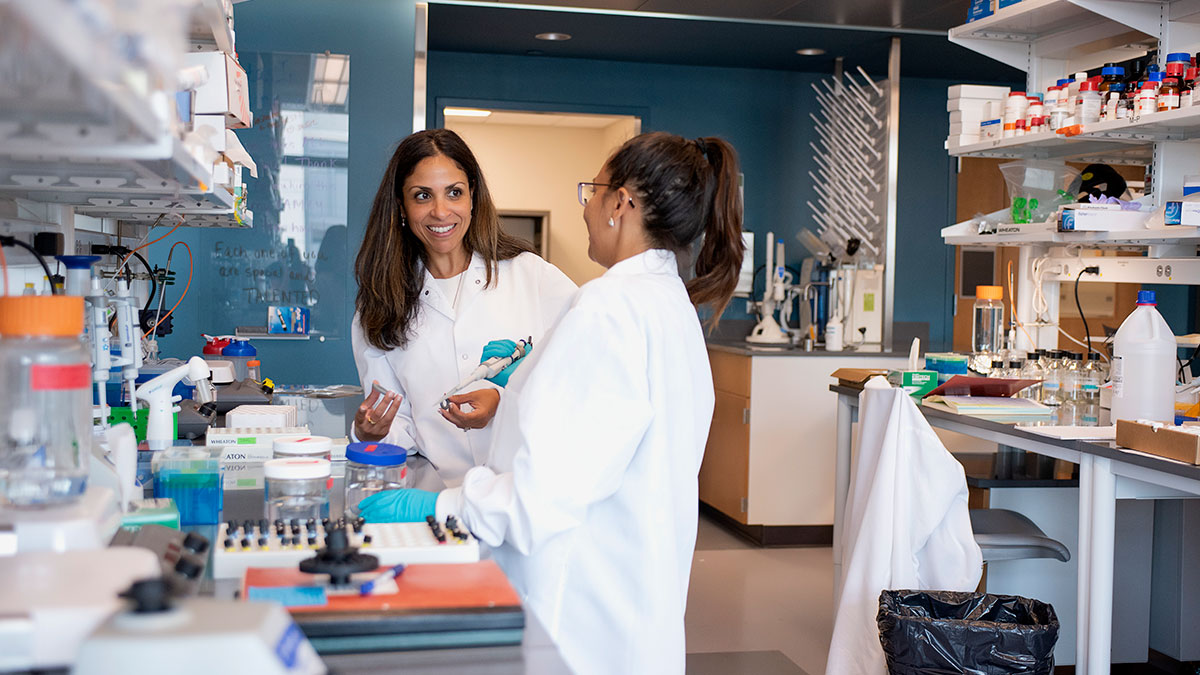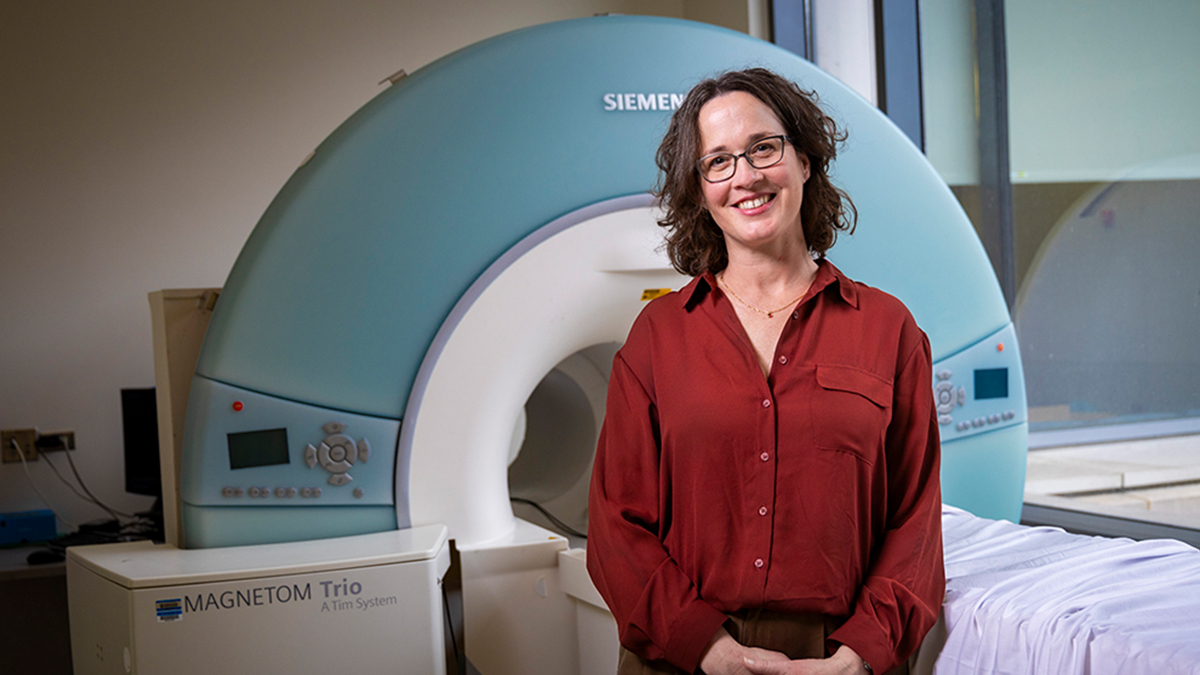Carolina moves more research discoveries and inventions to market for commercial impact
During fiscal years 2019 and 2020, Carolina inventors turned an increasing number of ideas from their labs into inventions, patents, technologies and startups that translate into commercial products and services

The number of inventions and discoveries developed and moved into the commercial market by faculty and students at the University of North Carolina at Chapel Hill is on the rise, according to a new commercialization impact report.
The report “From Ingenuity to Impact” examines the economic and social impact made during fiscal years 2019 and 2020 by University inventors who work to translate the University’s $1.14 billion research portfolio into products and services that contribute to the public good.
Findings from the report illustrate that the University’s innovation activity involving inventions reported, U.S. patents issued and technologies licensed to industry and faculty IP-based startups continued to expand over the most recent two fiscal years. The report was published by the UNC Office of Technology Commercialization as part of Innovate Carolina, the University-wide initiative for innovation and entrepreneurship at UNC-Chapel Hill.




